
OR
#Their View

Unsurprisingly, the World Bank has given a pessimistic prognosis of Pakistan’s moribund economy. On Tuesday, it said the country’s economic growth is expected to pick up — slightly — from the current fiscal year (after contracting 0.2pc last year) but would remain below 3pc for the next two years as “policy constraints to sustainable economic growth remain unaddressed”. Unless a major structural reform programme is durably implemented, growth will remain muted amid continued low investment, persistent external imbalances, distortionary fiscal policies, and a large state presence in the economy, the bank warned in the biannual Pakistan Development Update.
Even the latest growth estimates for Pakistan hinge on “continuous fiscal consolidation and a new bailout programme from the IMF”. Neither the prognosis nor the warning is new. The lender had explicitly stated a few months back that debt-ridden Pakistan’s current economic model was not working since it had fallen behind its peers, with progress in poverty reduction now starting to reverse, and the benefits of growth being accrued to a narrow elite.
Pakistan’s options are few at this point: it can either head towards the abyss or get its act together to dodge economic devastation. Najy Benhassine, World Bank country director for Pakistan, is hopeful that the nation’s ongoing macroeconomic crisis could be the “Pakistan moment”, provided the authorities undertake bold structural reforms to put the faltering economy on the correct track like so many other countries have done on finding themselves on the brink of an economic disaster.
Nonetheless, his message is clear: the only way forward for Pakistan is to implement broad-based reforms on a sustainable basis. “The structural reforms needed to durably improve the economic outlook are known,” he said. Will policymakers heed the advice?
Over the last several months, global lenders, IFIs and credit rating agencies have been forthcoming in their views on the existential threat facing Pakistan’s economy as its external and fiscal imbalances continue to constrain its ability to import essential goods and make foreign debt payments. Their message of urgent reforms is often punctuated with their worry over the ruling and business elites’ proclivity to digress from the path and return to their profligate policies as soon as international reserves improve and the external sector stabilises.
Although the current government has repeatedly pledged to implement reforms for sustainable economic revival, a definitive policy direction is missing. Some progress has been made to privatise loss-making PIA, for instance, but the government is yet to spell out a holistic policy for scores of other SOEs.
Economic policy confusion is a major concern for creditors and investors. The prime minister must understand that his plans to boost productivity and exports will not work without the articulation of an unambiguous policy direction for the economy and deep structural reforms.
Source: The Dawn (Pakistan)
You May Like This

World Bank projects a rebound in Nepal’s Economic Growth
KATHMANDU, Oct 6: The World Bank (WB) has estimated expansion of Nepal's economic growth in the coming fiscal year. ... Read More...

Economic growth of all seven provinces to slump this year
KATHMANDU, May 17: Bagmati Province is projected to achieve the least economic growth rate in the current fiscal year. ... Read More...
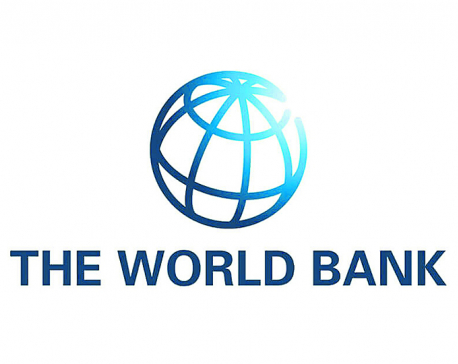
Lagging behind in vaccination is main constraint for recovery of COVID-affected emerging economies: World Bank
KATHMANDU, June 9: The World Bank (WB) has pointed out that the slow process of vaccination has hit the economic recovery... Read More...
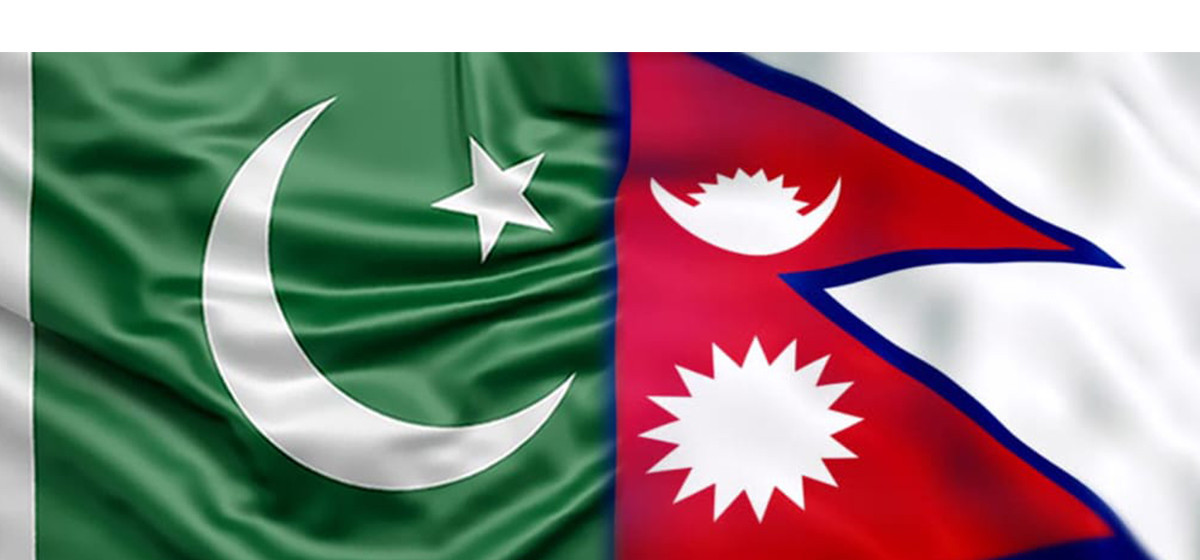
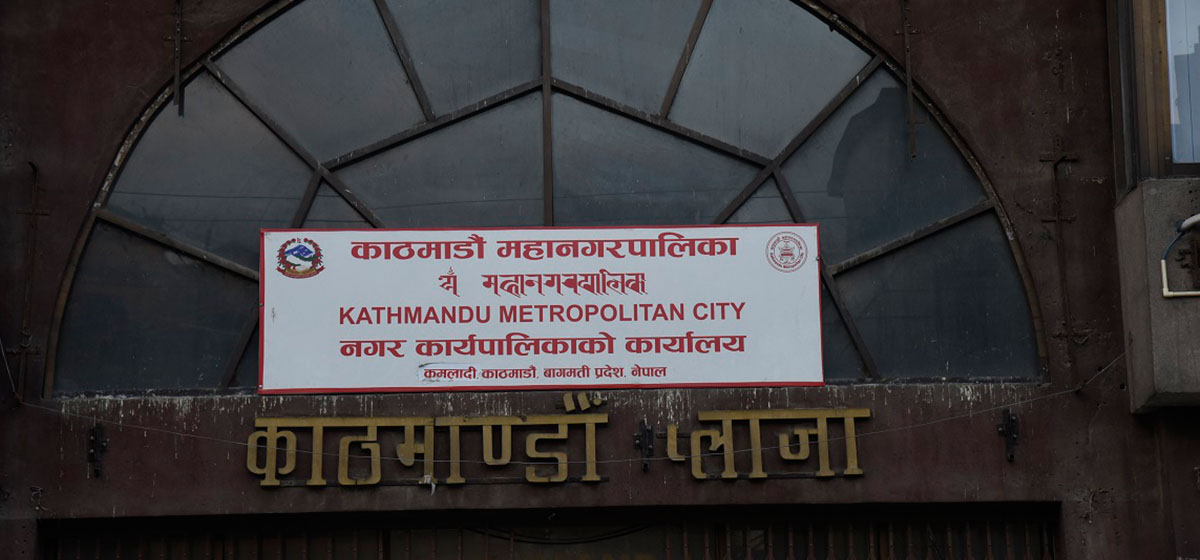
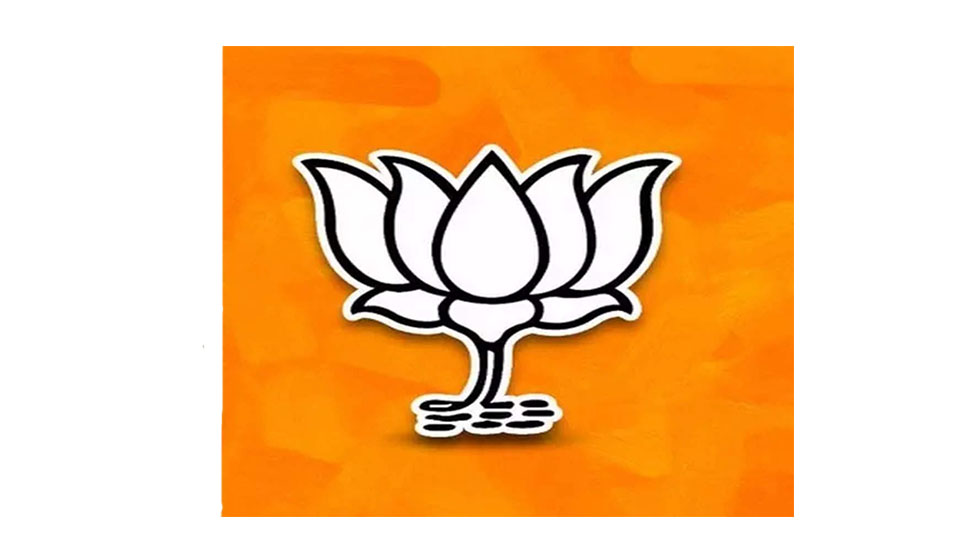
Just In
- Cricketer Lamicchane warns to disclose names of those involved in conspiracy against him
- Gold price increases by Rs 2,000 per tola
- Elderly couple dies in fire
- Ambassador of Nepal to Canada, Bharat Raj Paudyal presents letter of credentials to Governor General Mary J Simon
- Butwal: Schools closed for two days due to extreme heat
- Free-of-cost electric cremation at Pashupati Aryaghat from July 17
- Health Ministry to run 'extensive search and immunize' campaign for children
- SC orders govt to limit Mt Everest climbs, bans helicopter flights in mountains



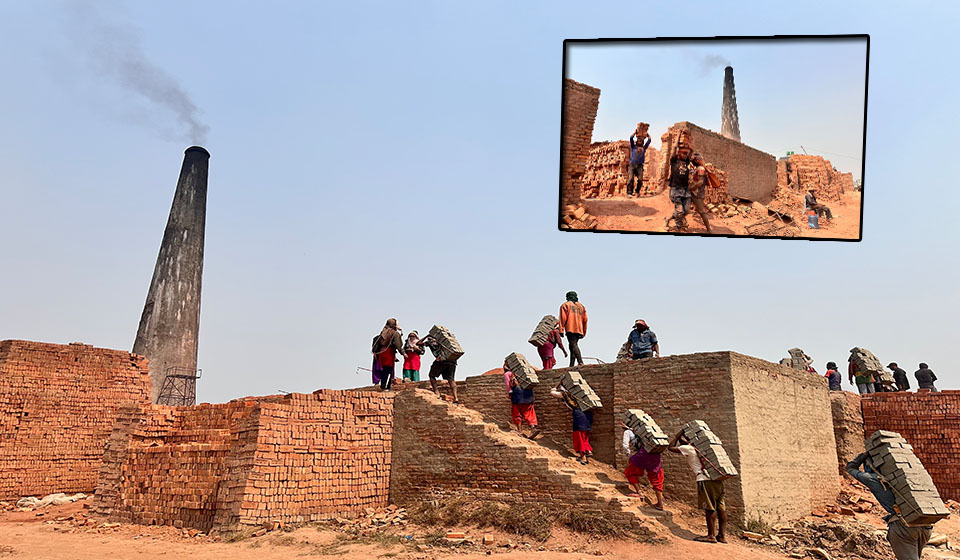

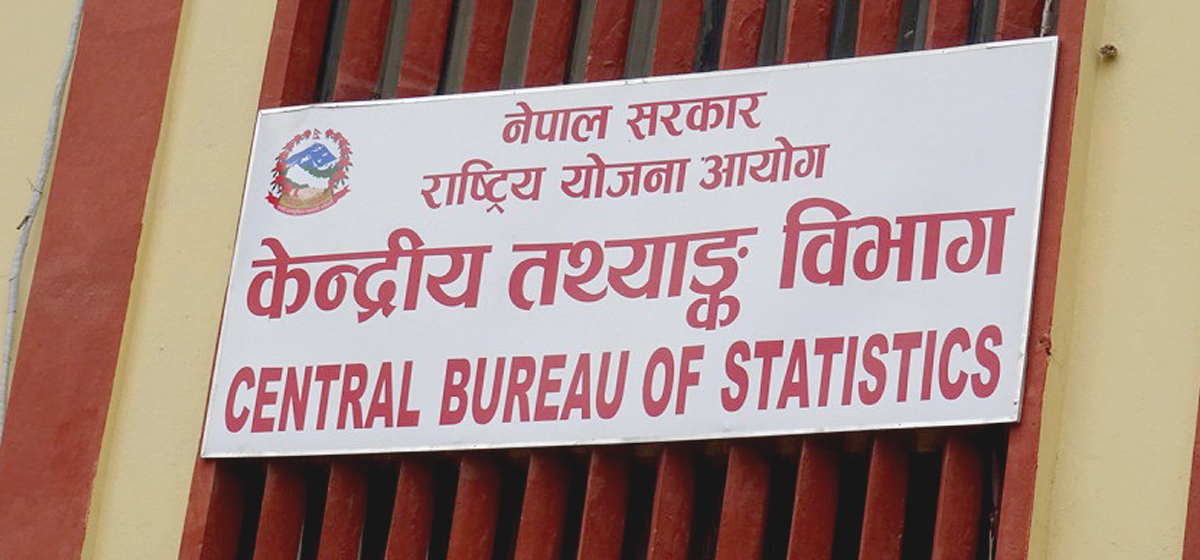
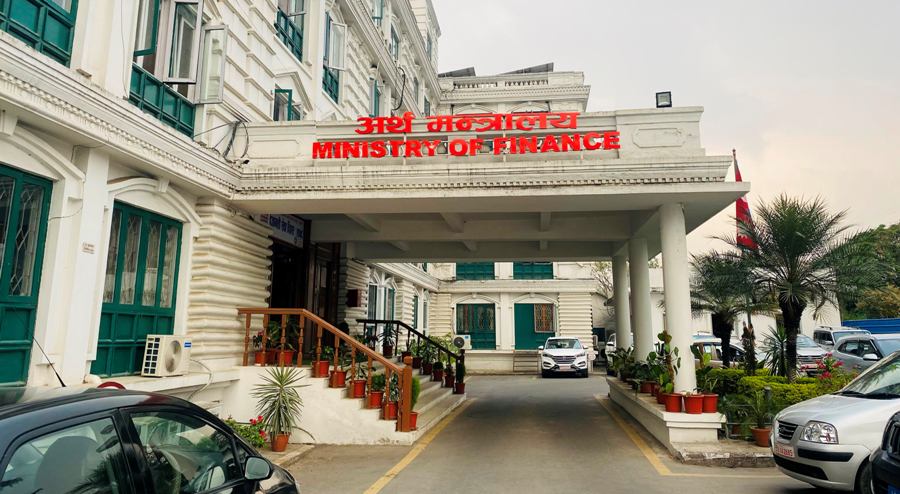




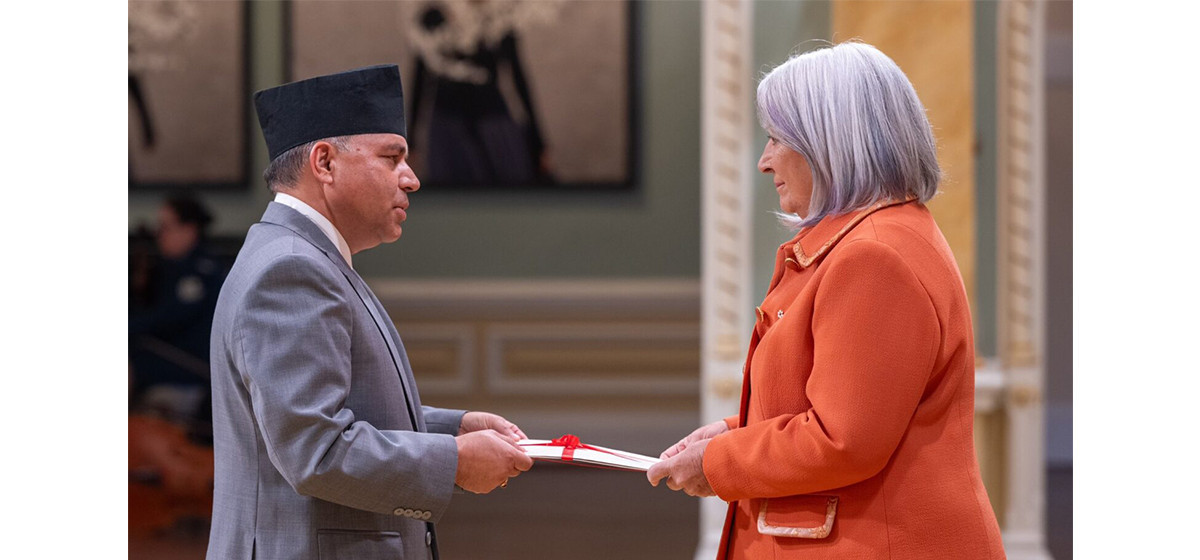

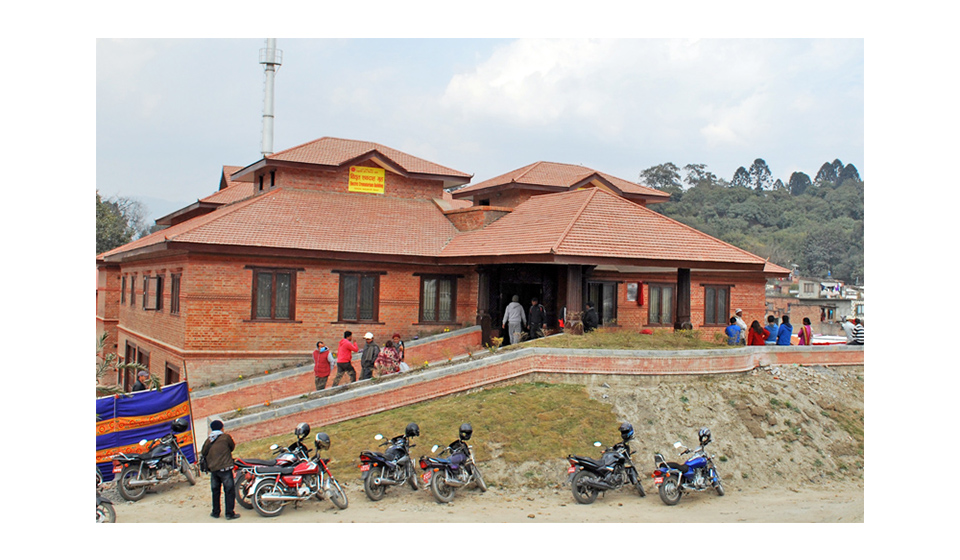


Leave A Comment